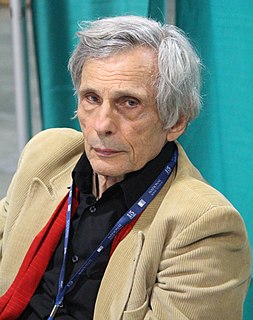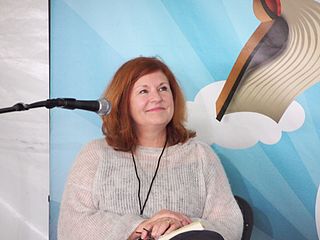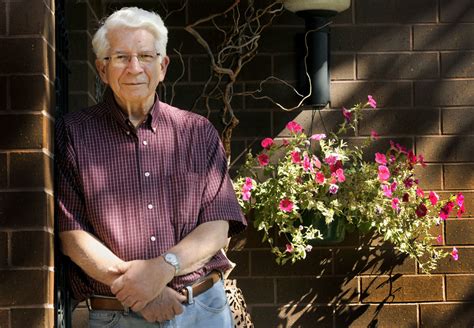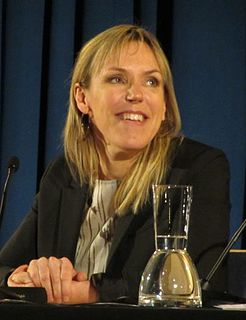A Quote by Matt de la Pena
Cormac McCarthy is my favorite author in the world. I love him so much. There's one book that informs me more than The Road - it's called Suttree. That book is a huge influence on me. I'm not smart enough to emulate him, but he inspires me. He never infiltrates my writing directly. He writes incredibly intelligently about people that are marginalized.
Related Quotes
Now, almost twenty years since my last job in book publishing, I know that there are far more socially inept people in book than in magazine publishing. At the time, however, I just didn't feel I was enough: smart enough, savvy enough, well read enough, educated enough, charming enough. Much of this was probably because I was very naive, and didn't really know how to behave in an office. This made me a terrible assistant, which in turn made me a terrible junior book editor.
One of the other reasons for writing this book [My Beloved World] was to hold on to the person you first met. More of the world knows about me now and follows me in a way that never happened before. I didn't want me, the inside of me, to change. Because I liked Sonia, the Sonia who has been. So another reason for writing the book was to hold on to that - whatever the best in Sonia was, to try to capture it.
The rewrites are a struggle right now. Sometimes I wish writing a book could just be easy for me at last. But when I think about it practically, I am glad it's a struggle. I am (as usual) attempting to write a book that's too hard for me. I'm telling a story I'm not smart enough to tell. The risk of failure is huge. But I prefer it this way. I'm forced to learn, forced to smarten myself up, forced to wrestle. And if it works, then I'll have written something that is better than I am.
It's weird being an author because it's different than writing songs. You put so much more of yourself out there to be judged because it's a memoir. So when the reviews come in, they all feel really personal. Some people are just going to hate you no matter what. Personally, I never believe good reviews. When people tell me they love the book, I just shrug and say, "Yeah, whatever." My shrink says it's all about the love within. You have to love yourself or you'll never be able to accept compliments from anyone.
The Ploughmen is as good a book as I’ve read in years. Kim Zupan’s language is as rich as Cormac McCarthy’s, and like Cormac’s, it comes from ground-zero of the heart. I’m also reminded of James Lee Burke’s sure-footed prose and delight in metaphor. Luminous...nothing short of brilliant...a firstnovel that leaves me impatient for the next.
My father probably taught me everything I know, aside from dialogue, which I think I get from my mom a lot more. He certainly didn't teach me everything he knew, but you know he has got this book out called "The Spooky Art," which is essentially an advanced book on writing and it's not... You know it's not ABC, but it's for people who feel that bug and know that they're writers and are willing to put in that time alone. Pretty much the vast majority of what he taught me you can find in that book.






































